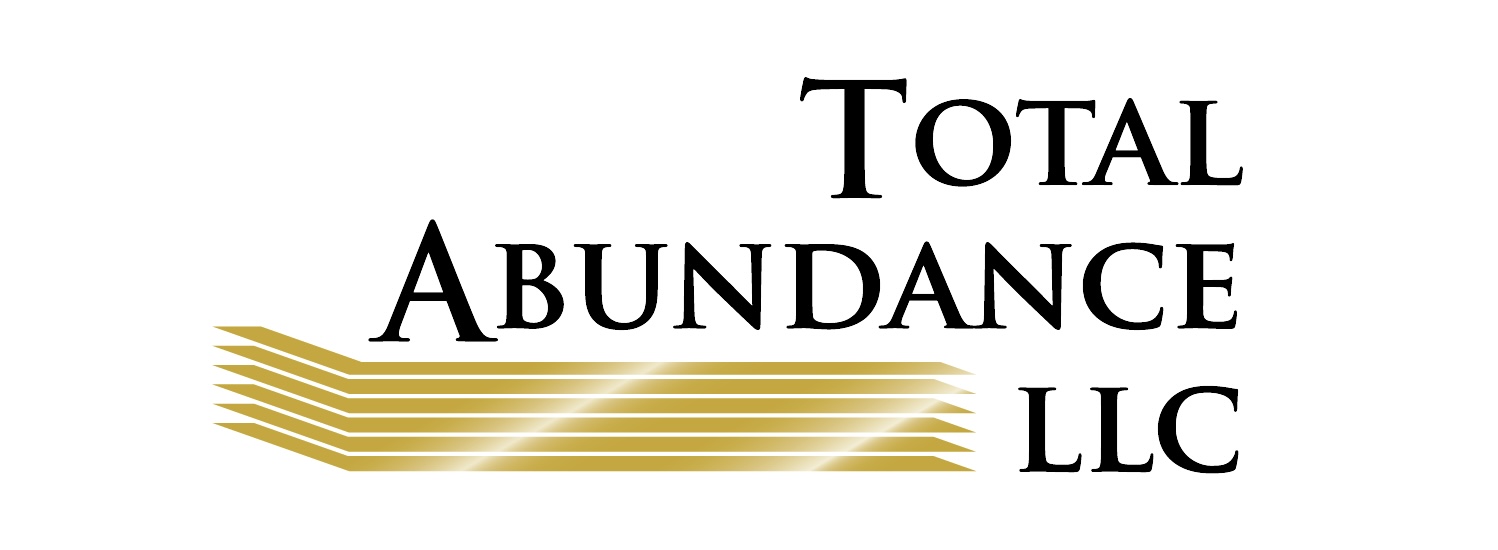Business Planning & Execution
Develop a Business Plan
Developing a business plan is an essential first step in starting any business. It provides a roadmap for your business strategy, outlining your goals, objectives, target market, competition, and financial projections.
To guide you through the process of developing a business plan, we cover topics such as market analysis, financial projections, marketing strategies, and operational planning. By understanding these key areas and incorporating them into your business plan, you can ensure that your business is well-positioned for success.
Establish an Entity
When starting a business, one of the most important decisions you’ll make is how to structure your business entity. The legal structure you choose will determine your tax obligations, personal liability, and other legal considerations.
To help you establish the right business entity for your needs, we offer a range of articles and resources on topics such as sole proprietorships, partnerships, LLCs, and corporations. Our articles provide practical tips and guidance to help you determine which entity is right for you, register your business, and comply with legal requirements.
Create a Marketing Strategy
A solid marketing strategy is essential for any business looking to grow and succeed. It helps you identify your target audience, create compelling messaging, and choose the right channels to reach your customers.
With the right marketing strategy, you can reach your target audience and drive growth for your business. Here, we cover topics such as market research, branding, social media, and email marketing to help you create a comprehensive marketing plan that aligns with your business goals and budget.
Secure Funding
Securing funding is often a major challenge for entrepreneurs and small business owners. However, with the right approach and resources, it can be achievable.
We help you understand the requirements, benefits, and potential drawbacks of various funding sources, so you can make informed decisions about which option to pursue.
FAQ
Generating a business idea can be challenging, but it starts with identifying a need in the market or finding a way to improve on an existing product or service. Begin by assessing your own skills, interests, and experiences. You can also research industry trends, talk to potential customers, and analyze your competition to uncover opportunities. Finally, brainstorm and test your ideas to determine their feasibility and potential profitability.
To create a startup plan, start by honing your business idea and objectives. Next, conduct market research to identify your target audience and competition. From there, set milestones and goals and establish a budget to achieve them. Evaluate your financial situation and determine if you need additional funding from investors or loans to get started.
Generally, service-based businesses are easier to plan than those selling physical goods. With service-based businesses, there are often lower startup costs because you may not require a physical location or inventory. Additionally, if you plan to operate solo, you won’t need to pay employee salaries, making it easier to manage your finances.
Small businesses can vary widely in terms of the products or services they offer. However, some of the most common types of small businesses include those in the service industry, such as real estate services, food services, and personal training. Other popular small business types include those in the technology industry, such as web design or software development. Many small businesses are also started as a side hustle or passion project, such as pet sitting or an online store. Ultimately, the type of small business you choose to start should align with your skills, interests, and market demand.
While having a business plan is often a requirement when seeking funding, it can also be a valuable tool for the overall success of your business, even if you’re not seeking funding. A business plan can help you identify your goals, clarify your target market, and develop a marketing strategy. It can also help you track your progress and make adjustments as necessary. Even if you don’t need a business plan for external purposes, creating one can be a helpful exercise for yourself and your team.
EMPOWERING ENTREPRENEURSHIP
Ready to supercharge your small business growth?
Join our email list for exclusive content, growth hacks, and industry insights. Stay up-to-date on the latest entrepreneurial trends and take your business to the next level. Sign up for free today!




